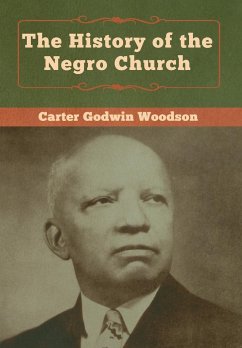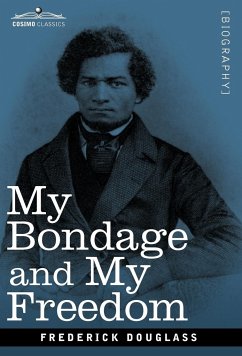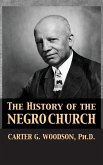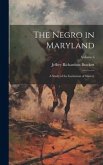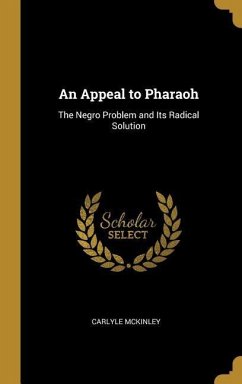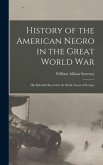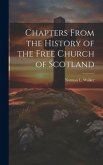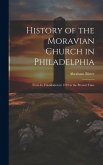Carter Godwin Woodson (December 19, 1875 - April 3, 1950) was an American historian, author, journalist and the founder of the Association for the Study of African American Life and History. He was one of the first scholars to study African-American history. A founder of The Journal of Negro History in 1916, Woodson has been cited as the "father of black history". In February 1926 he launched the celebration of "Negro History Week", the precursor of Black History Month. Born in Virginia, the son of former slaves, Woodson had to put off schooling while he worked in the coal mines of West Virginia. He made it to Berea College, becoming a teacher and school administrator. He gained graduate degrees at the University of Chicago and was the second African American to obtain a PhD degree from Harvard University. Most of his academic career was spent at Howard University in Washington, D.C., where Woodson eventually served as the Dean of the College of Arts and Sciences. ...The time that schools have set aside each year to focus on African-American history is Woodson's most visible legacy. His determination to further the recognition of the Negro in American and world history, however, inspired countless other scholars. Woodson remained focused on his work throughout his life. Many see him as a man of vision and understanding. Although Woodson was among the ranks of the educated few, he did not feel particularly sentimental about elite educational institutions. The Association and journal that he started are still operating, and both have earned intellectual respect. Woodson's other far-reaching activities included the founding in 1920 of the Associated Publishers, the oldest African-American publishing company in the United States. This enabled publication of books concerning blacks that might not have been supported in the rest of the market. He founded Negro History Week in 1926 (now known as Black History Month). He created the Negro History Bulletin, developed for teachers in elementary and high school grades, and published continuously since 1937. Woodson also influenced the Association's direction and subsidizing of research in African-American history. He wrote numerous articles, monographs and books on Blacks. The Negro in Our History reached its 11th edition in 1966, when it had sold more than 90,000 copies. Dorothy Porter Wesley recalled: "Woodson would wrap up his publications, take them to the post office and have dinner at the YMCA. He would teasingly decline her dinner invitations saying, 'No, you are trying to marry me off. I am married to my work'". Woodson's most cherished ambition, a six-volume Encyclopedia Africana, was incomplete at the time of his death. (wikipedia.org)
Hinweis: Dieser Artikel kann nur an eine deutsche Lieferadresse ausgeliefert werden.
Hinweis: Dieser Artikel kann nur an eine deutsche Lieferadresse ausgeliefert werden.

